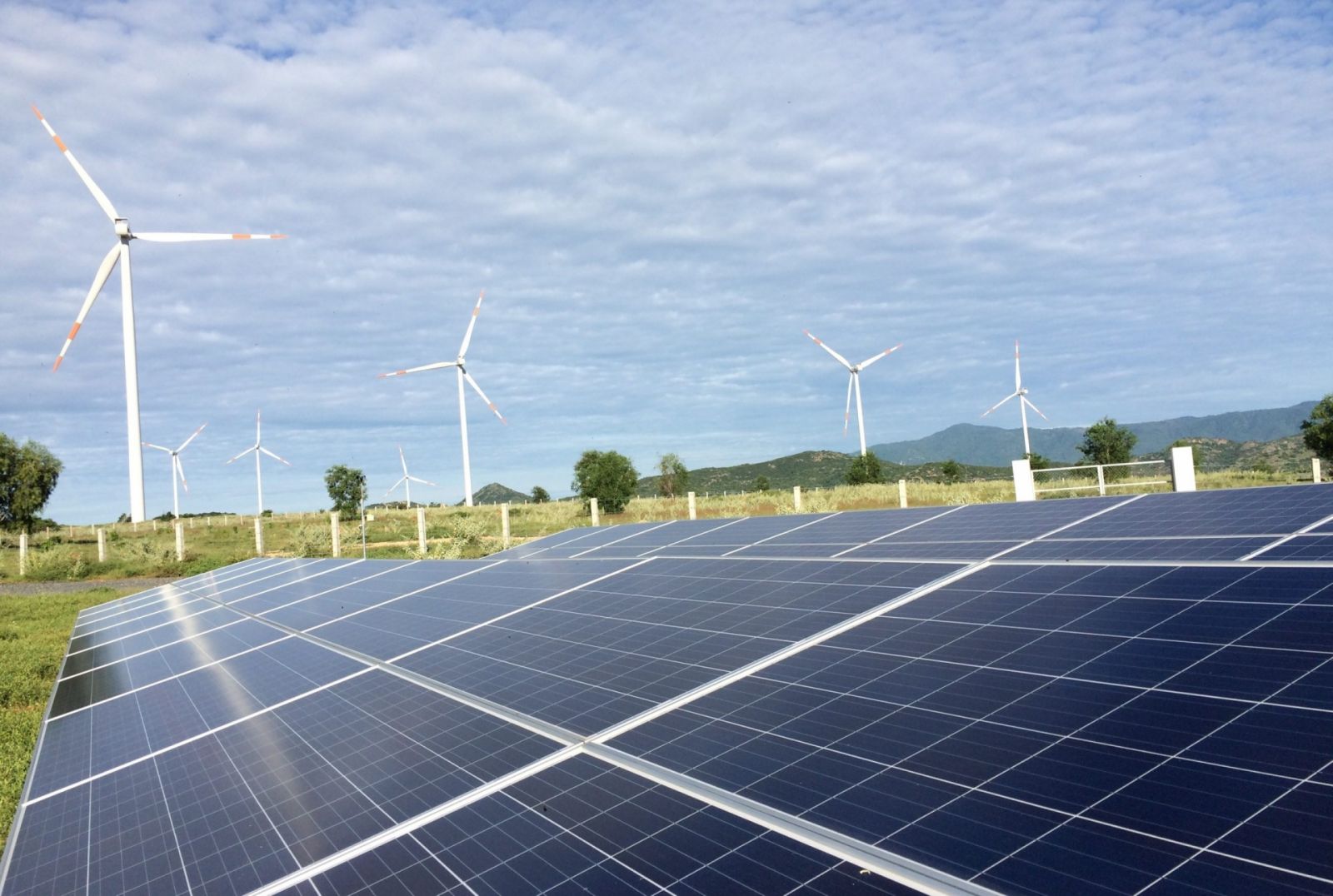How will global energy crisis affect Vietnam?
Coal and gas prices have skyrocketed, creating an energy crisis in various countries and prompting concern among experts about whether Vietnam's electricity system can supply the continuously growing demand for primary energy. What should Vietnam do to ensure energy security in the coming years?
Global crisis impact
Ha Dang Son, Director of the Center for Energy and Green Growth Research (CEGR), said the energy crisis is taking place in China and a number of major European economies, and attributed it to the world's increasing energy demand for economic recovery in a post-Covid-19 period, and European countries’ purchase of fuel for winter storage, which has pushed up the demand for fossil fuels. In addition, European and Asian countries have begun to compete for limited gas supplies from the US, Norway, Russia, and the Middle East, causing natural gas prices to skyrocket, Son said.

The skyrocketing gas prices have led some countries to switch from gas to coal to reduce costs, putting pressure on some Asian countries with a high proportion of coal consumption, as they may face supply shortages and rising prices.
Economists say the ongoing energy crisis has an impact on Vietnam, as fuel price hikes increase input costs for power plants using imported fuel.
Vietnam is transforming its energy structure towards increasing the proportion of renewable energy sources, but must ensure affordable electricity bills and adequate high-quality electricity supply for socioeconomic development – a huge challenge.
Due to the influence of climate change, hydroelectricity projects may not have sufficient water to produce power.
Appropriate capacity
Dao Nhat Dinh from the Vietnam Energy Association said the Vietnamese power sector needs to pay attention to an appropriate proportion of renewable energy in the power source structure for specific periods.
Sharing this point of view, CEGR Director Ha Dang Son said diversification of supply sources and further shifts to renewable energy is a long-term option to reduce dependence on fossil energy. However, this requires an appropriate strategy and an investment plan for inter-regional and international power transmission grids, and development of energy storage technologies.
The load forecast of Power Plan VIII was based on 1990-2020 economic and energy development databases, socioeconomic development goals and scenarios to 2030, with a vision to 2045, stated in the 13th-tenure National Party Congress Document, a report on implementation of 2016-2020 socioeconomic development tasks, 2021-2025 socioeconomic development directions and tasks, and the country’s 10-year socioeconomic development strategy.Regarding imported fuel, it is necessary to take the initiative in purchasing short-term and medium-term fuels, and invest in fuel warehouse infrastructure. The 2021-2030 national plan for electricity development with a vision to 2045 (Power Master Plan VIII) is expected to reduce coal-based power capacity and add liquefied natural gas (LNG) power sources, making it extremely important to ensure long-term reasonably priced fuel supply contracts.
Accordingly, the commercial electricity load is expected to grow 8.52 and 9.36 percent per year according to basic load and high load scenarios in 2021-2030, respectively, appropriate for electricity development.



